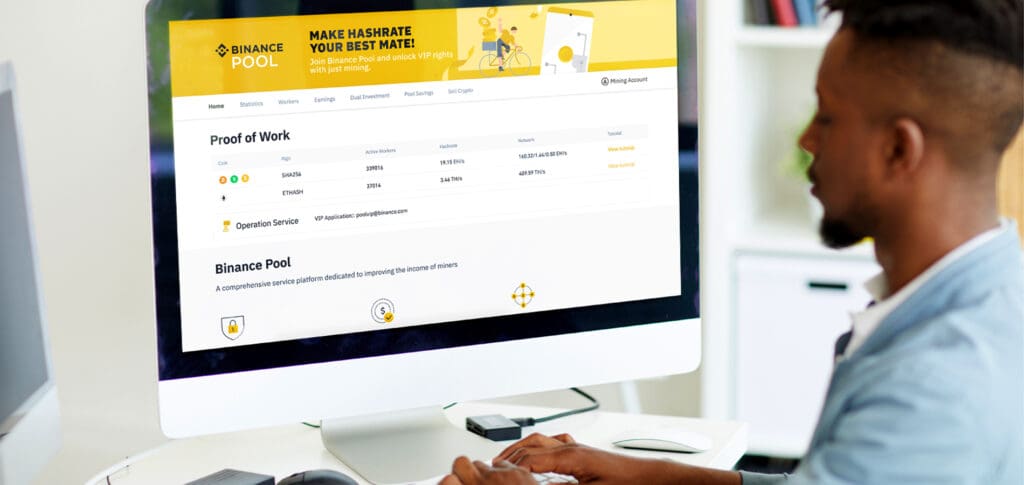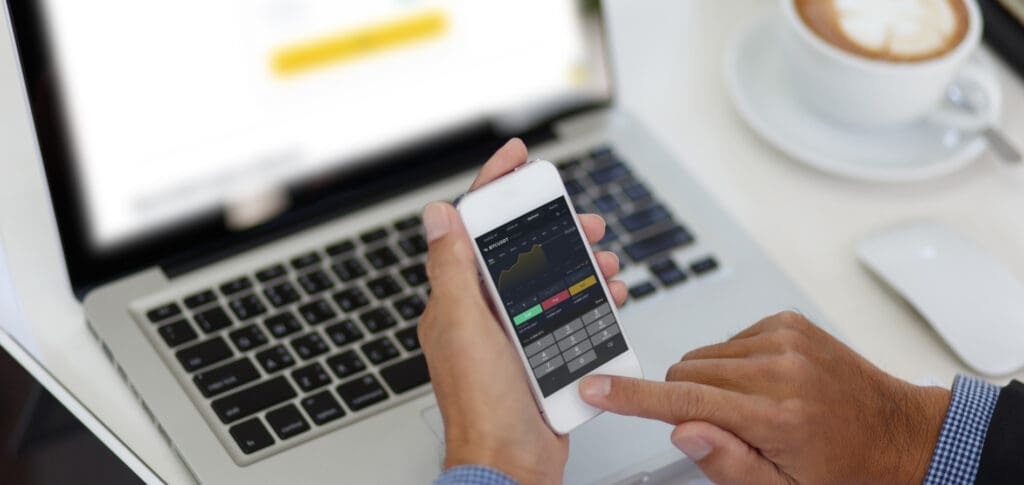

When delving into the realm of cryptocurrency, it’s only natural for newcomers to have a multitude of questions.
The first and most obvious frequently asked question (FAQ) would turn the emphasis towards the definition of cryptocurrencies. With October being National Crypto Month, celebrating the cultivation of new economic growth opportunities cryptocurrencies bring, Binance is taking steps to make the world of crypto more accessible to everyone. Despite the increasing interest in cryptocurrency, many find it abstract because it lacks a physical form.
Hannes Wessels, General Manager of Southern and Francophone Africa at Binance, takes us through the most intriguing questions Binance has encountered over the years, shedding light on the quirks and mysteries of the crypto world.
Now that you’re aware of why cryptocurrency is gaining prominence, let’s delve into the heart of the matter—what precisely is cryptocurrency? It’s worth noting that there are thousands of different cryptocurrencies, approximately 22,000, to be exact. However, Bitcoin remains the most widely recognized and utilized, owing to its pioneering introduction back in 2009. While some cryptocurrencies focus on being secure and cost-effective, others are faster and better suited for complex financial transactions.
What makes Bitcoin special is that it operates on a decentralized public blockchain, meaning a central authority doesn’t control it. Instead, transactions are verified by the network of computers, known as nodes. In addition, anyone can join the network and help secure it.
No, they are distinct entities. Blockchain serves as the underlying technology that powers cryptocurrencies like Bitcoin and Ethereum. Think of blockchain as simply as a database created on a spreadsheet. One feature that does single out blockchain is that you cannot delete or change any of the cells on the database. You can only add to them – which is why blockchains are called app-end only.

Not quite. You can rest assured that you won’t need to part with your house to start your cryptocurrency journey. Instead, it’s essential to embark on a learning journey. You need to find a trading methodology, develop a trading plan, understand risk management, trade responsibly, and maintain a commitment to continuous education.
Binance provides free educational materials to users through Binance Academy. Binance Academy is an open-access blockchain and crypto learning portal that hosts free educational resources in over 20 languages.
Blok CEO, Jacques van Embden weighs in on the opportunities and challenges that will shape the next annual property calendar.
The journey to wealth in the cryptocurrency world demands seriousness and responsibility. Many traders fail because they do not take trading seriously enough. Many traders fail because they approach it as a get-rich-quick scheme. In reality, this is similar to gambling without proper preparation. Successful traders, on the other hand, aren’t gamblers; they are disciplined and accountable for their actions. To consistently profit in cryptocurrency trading, one must approach it with a thoughtful and responsible mindset.
For those seeking in-depth knowledge about cryptocurrency, investment strategies, and how to participate in trading, Binance invites you to explore the resources available at the Binance Academy at academy.binance.com.
Scammers often attempt to manipulate users by exploiting the trust our company has established in the space over the years. The criminal may even claim to be an expert who will multiply your funds tenfold. A high-pressure text demanding money or a phoney Bitcoin giveaway can be enough to manipulate users and gain their trust, especially ones caught out in a vulnerable moment. If you believe you’re currently the target of a scammer — even a sliver of doubt — stop responding, stop any pending transfers, and file a report to Binance Support immediately. We’ll do our best to provide assistance based on the evidence and materials you provide.
Stay up-to-date on the hottest, hippest and most happening things to do in Mzansi!
